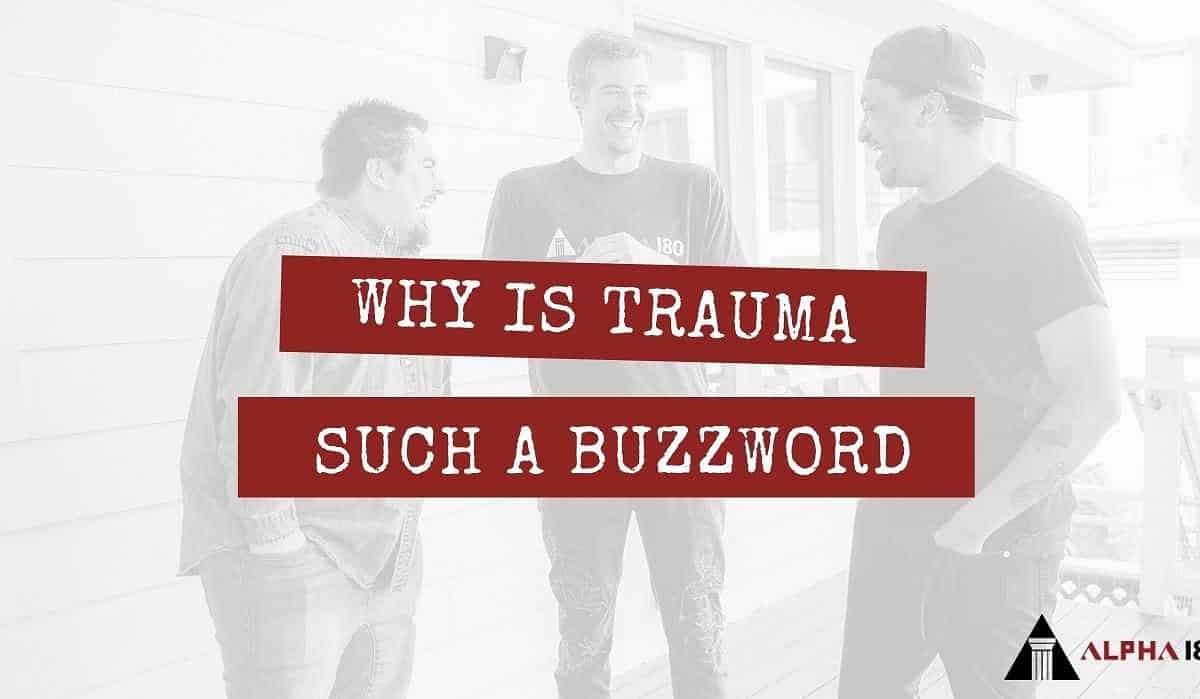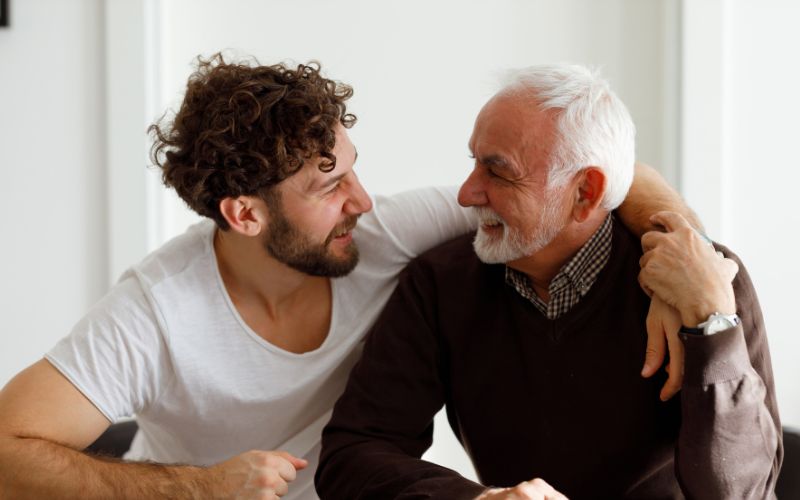Everywhere I look I hear the word “trauma”, whether I am with my colleagues, browsing social media, or perusing the latest specials on Netflix. Why is it so important that we understand trauma, not just as clinicians, but as parents, friends, teachers, coworkers, etc.?
Trauma is a deeply distressing or disturbing experience. It can also be thought of as the pasts’ ability to affect the present. No matter what our background is, most people carry some degree of trauma. Perhaps this is why the phrase “do unto others as you would have done unto you” is so popular. However, trauma affects everyone differently. A person who is trauma-informed would then instead say “Do unto others as they would have done to themself”.
Do you see the difference? In the first phrase, we treat others as we want to be treated whereas in the second phrase, we treat others as they want to be treated. In the second phrase, we respect other people’s boundaries and differences.
This is why ‘boundaries’ is also such a buzzword. Boundaries are a necessary form of self-compassion and in some cases, self-protection. One of the greatest hurdles to overcoming trauma is learning to set boundaries. Setting boundaries and learning to respect and recognize other people’s boundaries can be difficult, especially for people who have never experienced healthy models of self-care. It can feel like you are re-learning entire patterns and pathways of your own existence. It can feel counter-intuitive. Often, we receive feedback from others that they do not understand or like the boundaries that we are setting. We all have differing levels of experience with setting and respecting boundaries, and we all have different things that trigger us. Sometimes other people’s boundaries can even trigger us. Alas, no matter what your role is- as a clinician, parents, friend, peer, coworker, etc.- you can be trauma-informed and you can learn to set boundaries.
Being trauma-informed is first and foremost about not making assumptions about how someone may or may not be feeling or want to be treated because, ultimately, we just don’t know the extent of another person’s experience- including their trauma. All of this comes down to compassion. People respond and react to situations differently based on two things: whether they perceive the situation as a threat and whether they are conscious of the fact that they view something as a threat, or not.
The best general guideline that I use when I am trying to be intentionally trauma-informed is to remind myself that I am not a mind-reader. I simply cannot know the full extent of why someone is acting the way that they are- and that is ok. Your role is not to know everything but instead, to try and accept and be curious about everything, lovingly. The long-term effects of trauma can affect a person’s ability to communicate, their impulse control, their ability to regulate emotions, and many other aspects of their life. Without this compassionate understanding, we are at risk of easily misinterpreting behaviors and feelings.
If you take one thing away from this, let it be the importance of being open-minded and compassionate to all people, because everyone has a different history and a reason for acting the way that they do.
Realistically, for me, this means understanding my own triggers, practicing setting my own boundaries, and learning how to listen to another person’s boundaries. It means understanding that another person’s reaction is not about you (this is difficult). In my work with students at Alpha 180, it means understanding that “resistance” or challenging behaviors are not malicious but are instead messages of their pain. Trauma shows up in all sorts of ways and, at first, it isn’t pretty. Healing is a non-linear, life-long process (don’t you hate to hear that?) Being trauma-informed is being able to regulate yourself enough that another person’s trauma does not trigger you.
At Alpha 180, being trauma-informed is an everyday practice of introspection. It is a dedication to being life-long learners not just of trauma theory but also of our internal landscapes that can depict so much of our ability to be effective if gone unexamined. Through the lens of self-compassion and accountability, all of us can understand the sneaky ways that trauma shows up and integrate this understanding into every aspect of our lives.
By: Morgan Shingle






